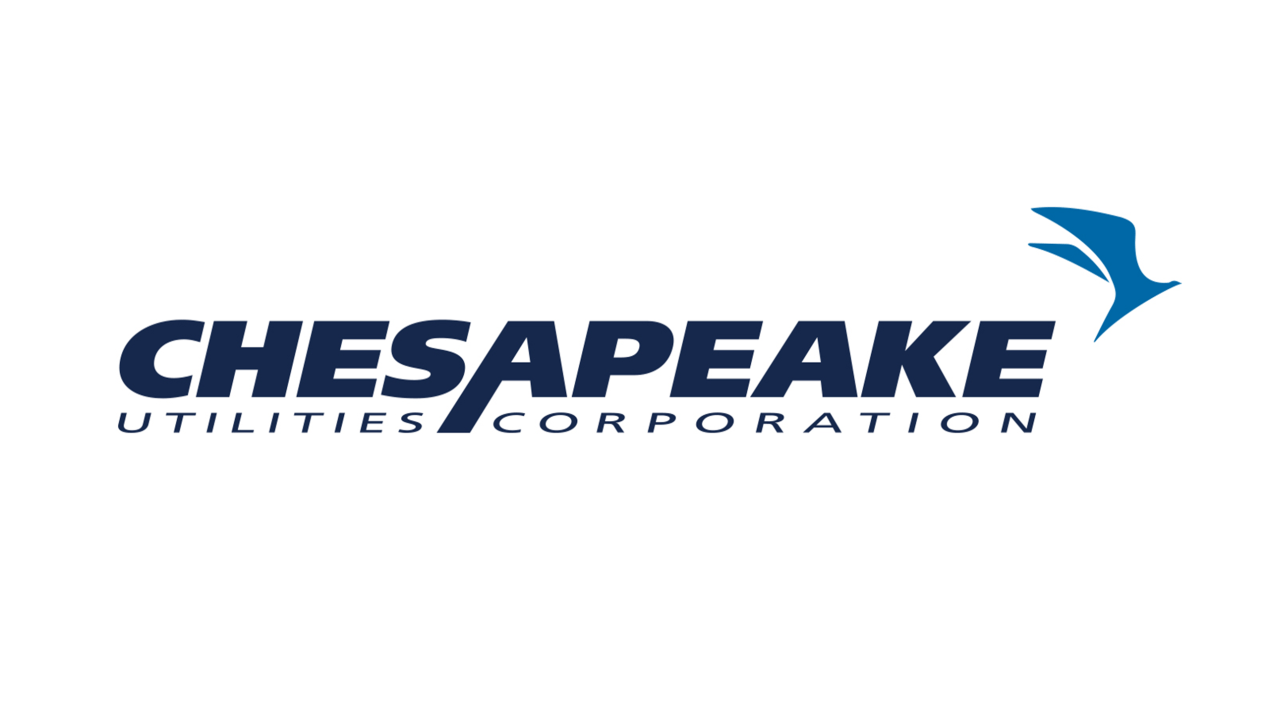

In this modernized era, companies must take their relationships with employees to “higher ground” due to the rapid changes in workplace capabilities. Digital skills need to be updated or replaced much more quickly than they did with earlier technology, in both offices and industries.
It is important to hire employees with a learning aptitude and a commitment to the company’s principles because maintaining employee skills will always be a work in progress. Companies that adopt this measure will result in secure, fruitful employee connections and a workforce capable of constant change. And to do this, purpose is perhaps the best platform for aligning a team.
According to surveys, younger generations place a high emphasis on having a purpose in their employment. According to a LinkedIn survey, 86 percent of young workers said they would be prepared to forgo title and pay to work for a company that shared their values or mission, compared to just 9 percent of Baby Boomers. Additionally, workers of all ages value having the ability to meet their own objectives and professional expectations.
Today’s younger generations want more uniformity across an organization and will clamor in protest if they believe its acts are improper. For instance, Unilever thinks that incorporating a purpose into workforce management generates creative solutions that will help it be well-prepared for its most difficult circumstances. Executives can refer back to business principles for assistance when dealing with challenging staffing and HR issues, charting a course that lessens the possibility of pushback or dissatisfaction.
It may seem paradoxical, but in order to develop an unified mission, people must first comprehend their own purposes. Because of this, labor management differs significantly from other purpose-driven projects like creating a brand portfolio, which are often decided top-down. Senior leaders choose which brands to field, but employees at all levels take significant efforts to fulfill the brand promise to customers.
Encouragement of skill renewal for a professional whose career goals are outside the organization would be ineffective because the employee won’t make the necessary investments to keep up. Furthermore, forcing change can encounter opposition. Starting with an employee’s intention in a purposeful manner, going beyond just designation and remunerations can hit the conversation off on the right foot and fosters employees’ accountability for their own development, ensuring that they never feel like manipulative widgets.
© THE CEO PUBLICATION 2021 | All rights reserved. Terms and condition | Privacy and Policy